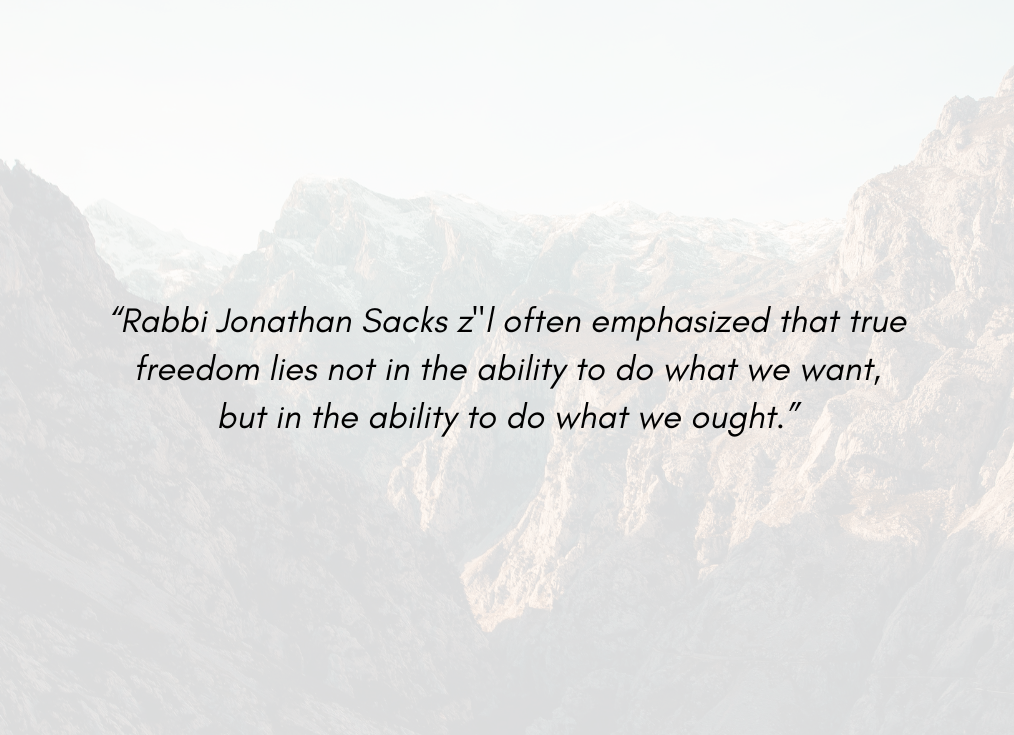The Battle Within

In the opening verse of Deuteronomy 21:10 in this week’s Torah portion, Ki Teitze, we read,
“כִּֽי־תֵצֵ֥א לַמִּלְחָמָ֖ה עַל־אֹיְבֶ֑יךָ”
While commonly translated as “When you go out to war against your enemy,” a closer examination reveals a subtler meaning: “Because you go to war over your enemies.” This nuanced interpretation invites us to look beyond the literal battlefield and into the spiritual realm of our inner struggles.
The great Hasidic scholar, Rabbi Levi Yitzchak of Berditchev, taught that every person wages a constant war against their yetzer hara (evil inclination). He explained that this verse alludes to our daily battle against our baser instincts, which often tempt us away from our higher selves.
…
Indeed, our lives are filled with moments where we face the choice between the easy path and the right path. How often do we find ourselves justifying small transgressions – speeding on an empty road, bending the truth to avoid discomfort, or prioritizing our convenience over others’ needs? These seemingly insignificant choices reflect our ongoing struggle to maintain authority over the “enemies” within our conscience.
As the intergenerational Native American parable teaches us about life: “A fight is going on inside me,” said the elder grandfather to his grandson. “It is a terrible fight between two wolves. One is evil – he is anger, envy, sorrow, regret, greed, arrogance, self-pity, guilt, resentment, inferiority, lies, false pride, superiority, and ego. The other is good – he is joy, peace, love, hope, serenity, humility, kindness, benevolence, empathy, generosity, truth, compassion, and faith. The same fight is going on inside you – and inside every other person, too.” The grandson reflected on this message and then asked his grandfather, “Which wolf will win?” The grandfather smiled at the young boy and simply replied, “The one you feed.”
This week’s Torah portion reminds us that we must actively choose to “feed” our better selves. It’s not enough to passively hope for goodness; we must consciously go to war “over” our inclinations towards selfishness and complacency.
Rabbi Jonathan Sacks z”l often emphasized that true freedom lies not in the ability to do what we want, but in the ability to do what we ought. This teaching echoes the essence of Ki Teitzei – that we must actively strive to overcome our baser instincts and elevate ourselves and our communities.
As we reflect on this portion, let us heed its call to action. Let us commit to being active rather than passive in our pursuit of righteousness. Let us think beyond our immediate desires and consider the broader impact of our choices on our communities. And let us dedicate ourselves to building up – our character, our relationships, and our world – rather than tearing down.
In doing so, may we merit to truly go out to war “over” our enemies, achieving victory in the most important battle of all – the one within ourselves. Because we are…
Shabbat Shalom.

